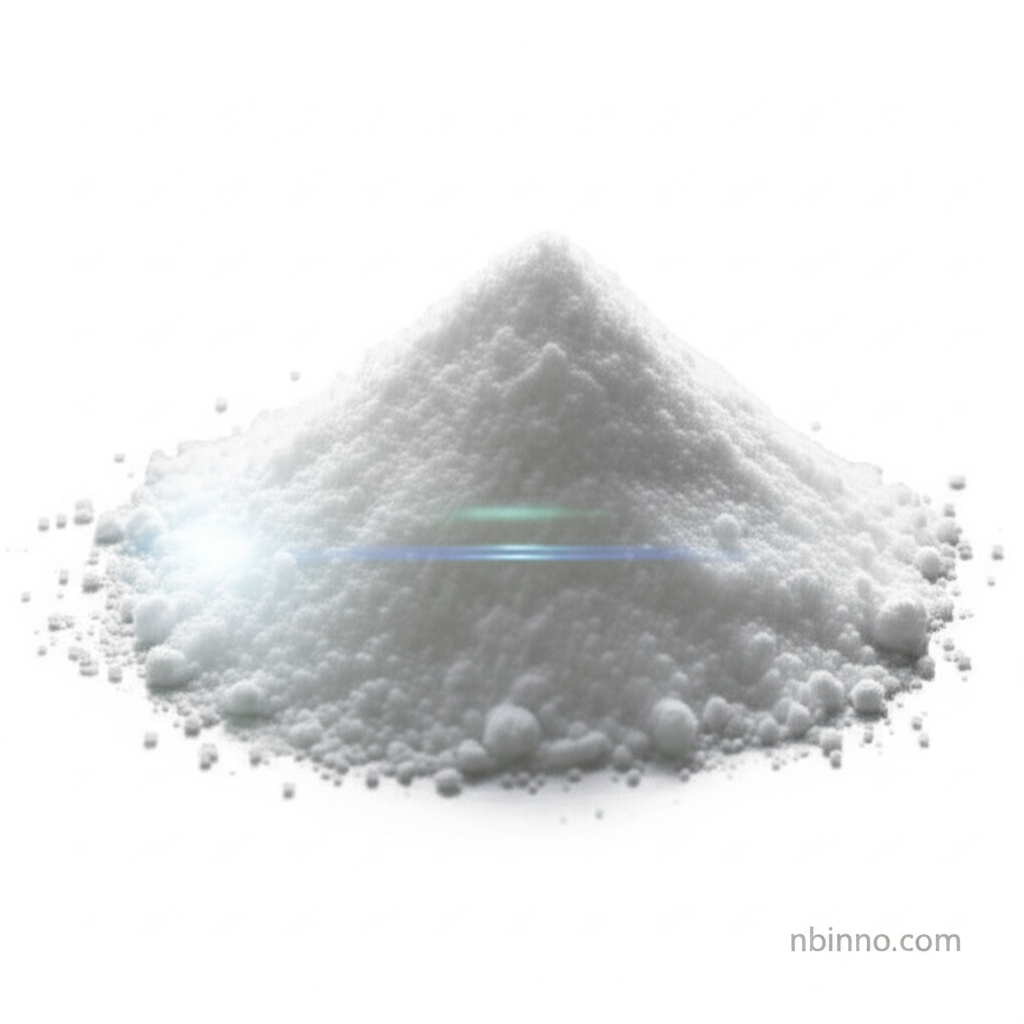Creatine Phosphate Disodium Salt: Essential for Muscle Energy and Cardiac Health
Unlock peak athletic performance and support your cardiovascular system with this vital compound.
Get a Quote & SampleProduct Core Value

Creatine Phosphate Disodium Salt
This high-energy phosphate compound is critical for cellular energy metabolism, serving as a readily available reserve to regenerate ATP, the primary energy currency in cells. Its role is vital for sustained high-intensity activities and efficient muscle recovery.
- Learn about the key creatine phosphate disodium salt benefits for your body's energy systems.
- Explore the diverse creatine phosphate disodium salt uses in both athletic and clinical settings.
- Discover why creatine phosphate disodium salt for heart health is a significant area of medical application.
- Understand how creatine phosphate disodium salt muscle energy directly contributes to physical performance.
Key Advantages
Enhanced Muscle Energy
By supporting ATP regeneration, it allows for longer periods of high-intensity exercise, a key advantage for athletes seeking to maximize their sports performance.
Cardiovascular Support
Its cardioprotective properties make it valuable for treating myocardial metabolic distress, demonstrating its importance in cardiac health.
Improved Recovery
The compound aids in recovery between intense exercise bouts, ensuring faster restoration of muscle energy levels, crucial for effective muscle recovery.
Key Applications
Sports Nutrition
A preferred sports supplement for athletes, enhancing physical fitness and performance through improved energy availability.
Cardiac Therapy
Used clinically as a cardioprotective agent, particularly for conditions like myocardial infarction and heart failure, highlighting its role in cardiac protection.
Energy Metabolism Support
Essential for maintaining ATP levels in tissues with high energy demands, crucial for overall energy metabolism.
Biomedical Research
Its role in cellular energy makes it a valuable compound in various biomedical research applications, contributing to a deeper understanding of physiological processes.
